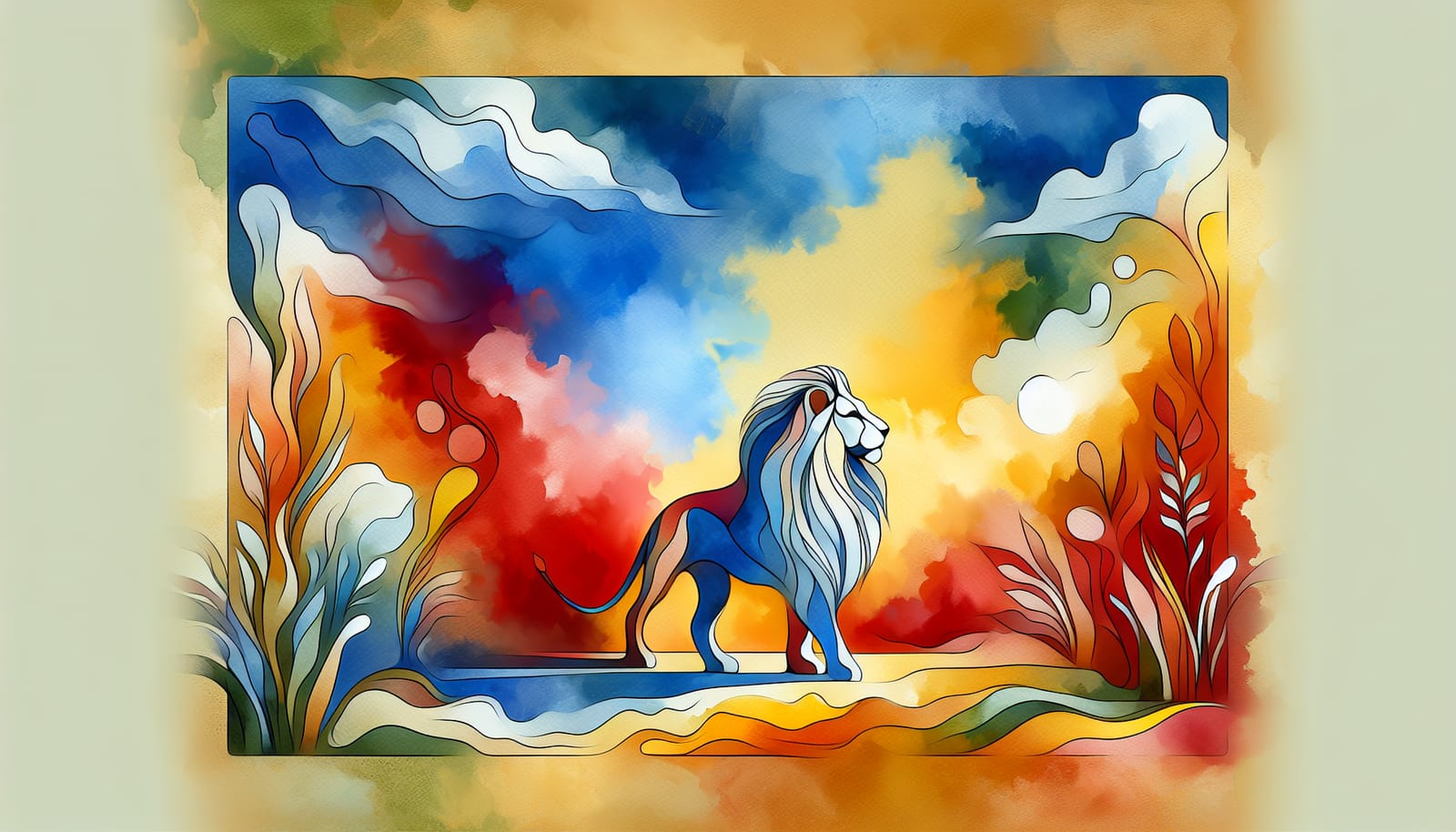Friendship is a beautiful and enriching part of our lives, yet many of us seldom take the time to reflect on its true nature. What qualities make someone a wonderful friend? When should we consider moving on from a friendship? Often, we rely on our instincts to navigate these questions.
In the realm of psychology, defining friendship can be complex and varies widely among researchers. Traditionally, friendships have been viewed through the lens of exchange, focusing on what each person contributes to the relationship. This transactional view suggests that friends remain in each other's lives as long as they feel their contributions are balanced.
However, this perspective can overlook the deeper essence of friendship that many people experience. Our research indicates that a model based on mutual support—what we refer to as risk-pooling—better captures the spirit of friendship. In these relationships, there’s no need to keep score; friends are there for one another without expecting anything in return.
Our findings, gathered over a decade, suggest that this type of friendship was vital for the survival of our ancestors, helping them face the challenges of their time. Today, this supportive model remains crucial as we navigate personal struggles and collective crises.
Emphasizing What Friends Offer
The traditional view of social exchange theory often encourages individuals to weigh the costs and benefits of their friendships. It suggests that we should keep friends who provide more advantages than disadvantages and reevaluate those who don’t. This framework has even permeated popular psychology and self-help resources.
However, we believe this approach misses the richness and complexity of real friendships. In practice, people do not typically measure friendships based on a simple cost-benefit analysis.
For anyone who has stood by a friend in difficult times—or has been on the receiving end of that support—it’s clear that true friendship is not about tallying favors. It’s about companionship, joy, and a deep bond. Often, friendships shine brightest when we help each other simply because we care.
Social exchange theory might suggest distancing ourselves from friends who are currently facing hardships, like battling illness or coping with loss. But the reality is that these challenging moments often bring out the best in our friendships, as we rally around those we love.
Our research aligns with this understanding. When we asked individuals what they value in a friend, qualities like loyalty, reliability, and emotional support were prioritized above the idea of repaying debts. Emotional commitment is seen as vital, while the expectation to reciprocate favors is regarded as secondary.
Friends who stand by us in tough times, who share the ups and downs of life, are the ones we cherish most. They may not always provide tangible benefits, but their care and presence mean everything.
Of course, not all friendships are perfect. Some may become unbalanced, with one person taking more than they give. In those cases, it can be wise to reassess the relationship.
The Power of Supportive Friendships
So, what truly helps friendships thrive? This question is at the heart of our work with The Human Generosity Project, a collaborative research initiative exploring relationships across different cultures.
We’ve discovered that the concept of risk-pooling is prevalent in various societies, from the “kere kere” friendships in Fiji to “tomor marang” among the Ik in Uganda. These friendships emphasize helping one another during times of need without the expectation of repayment.
Take, for instance, the Maasai people of Kenya and Tanzania, who cultivate long-lasting friendships known as osotua partnerships. These connections focus on mutual support during genuine crises, fostering a sense of community and resilience.
When we examined these osotua relationships, we found that they significantly enhance survival rates during challenging times. Friends become a form of social insurance, providing help when unpredictability strikes.
This dynamic can also be observed in various communities in the United States. For example, ranchers in Arizona and New Mexico engage in a practice they call "neighboring," where support is offered freely in times of unforeseen challenges like accidents or illness, without the expectation of immediate repayment.
Conversely, help during more predictable situations, such as routine tasks, often carries an expectation of reciprocity.
Friendship as a Safety Net
The essence of our research reveals that friendships are less about tit-for-tat exchanges and more about being there for one another in times of need. They act as a safety net, ready to support us when life takes unexpected turns.
The enduring nature of these partnerships is rooted in generosity, responsibility, and self-management. The Maasai model teaches that partners should care for themselves when they can and seek help only when truly necessary, balancing self-sufficiency with the willingness to support one another.
In a world filled with uncertainties, cultivating friendships based on mutual support can help us build resilience. Just as our ancestors relied on these connections for survival, we too can thrive through the power of friendship.
This enlightening perspective on friendship was shared by Jessica D. Ayers from Boise State University and Athena Aktipis from Arizona State University, and originally published by The Conversation.


